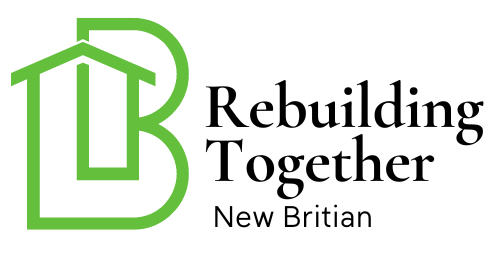Soundproofing is not just about creating a quiet sanctuary; it’s about enhancing safety within your home. Understanding how to soundproof for safety can protect your family from noise pollution and create a peaceful environment. Whether you’re a homeowner looking to improve your quality of life or seeking ways to safeguard your loved ones, this guide will walk you through the essential steps to achieve effective soundproofing.

Understanding the Importance of Soundproofing
Before diving into the methods of soundproofing, it’s crucial to understand why it’s important. Excessive noise can lead to stress, sleep disturbances, and even impact your health. Moreover, in emergencies, such as fires, having a soundproof home can prevent panic by reducing chaos and confusion.
According to a study published in ScienceDirect, reducing noise in your environment can lead to a healthier and safer living space.
Types of Noise Pollution
To effectively soundproof your home, you need to identify the types of noise pollution affecting your space. These include:
External Noise
External noises come from outside your home, such as traffic, construction, or neighborhood activities. Addressing these requires focusing on your home’s exterior barriers.
Internal Noise
Internal noises stem from within your home, like appliances, footsteps, or voices. Soundproofing methods for internal noise involve treating the walls, floors, and ceilings.
Steps to Soundproof Your Home
1. Assess Your Home’s Weak Spots
The first step in soundproofing is identifying areas where noise leaks occur. Common weak spots include windows, doors, and thin walls.
2. Invest in Quality Windows
Windows are a primary source of noise leakage. Consider installing double or triple-glazed windows to reduce sound transmission.
3. Seal Gaps and Cracks
Use weatherstripping and caulking to seal any gaps around windows and doors. This prevents external noise from seeping in and enhances energy efficiency.
4. Enhance Door Soundproofing
Replace hollow-core doors with solid-core doors. Add door sweeps to reduce noise coming from under the doors.
5. Soundproof Walls and Ceilings
Install acoustic panels or soundproof drywall to reduce noise transmission through walls and ceilings. These materials absorb sound and prevent echoes.
6. Soundproof Flooring
Hardwood floors can amplify noise. Use carpets and rugs to dampen sound. Consider installing a soundproof underlayment beneath your flooring.
7. Use Curtains and Blinds
Heavy curtains and blinds can block out noise. Opt for those with soundproofing qualities to further reduce sound transmission.
8. Add Greenery
Plants can absorb sound and create a natural barrier against noise. Place them strategically around your home for added soundproofing benefits.
9. Utilize Furniture for Soundproofing
Bookshelves, wardrobes, and other heavy furniture can help block sound. Position them against walls to prevent noise from traveling through.
10. Maintain A Balanced Atmosphere
Using white noise machines or fans can mask unwanted sounds and create a more peaceful environment.
Integrating Safety with Soundproofing
While focusing on soundproofing, it’s essential to integrate safety measures. Consider installing fire escape routes and stove knob covers as part of your home safety plan.
The Benefits of a Soundproofed Home
Soundproofing your home offers numerous benefits, including improved health, better sleep, and increased property value. It creates a peaceful retreat from the outside world.

FAQs
What is the best material for soundproofing walls?
Acoustic panels and soundproof drywall are excellent choices for soundproofing walls. They effectively absorb sound and reduce noise transmission.
Can soundproofing improve home safety?
Yes, soundproofing can enhance home safety by reducing noise-related stress and improving focus during emergencies.
How can I soundproof my home on a budget?
Simple measures like sealing gaps, using rugs, and rearranging furniture can effectively reduce noise without breaking the bank.
Soundproofing your home for safety is a worthwhile investment. By implementing these strategies, you create a serene and secure environment for your family. For more insights on home safety, check out Basic Home Safety Tools.
This article contains affiliate links. We may earn a commission at no extra cost to you.

